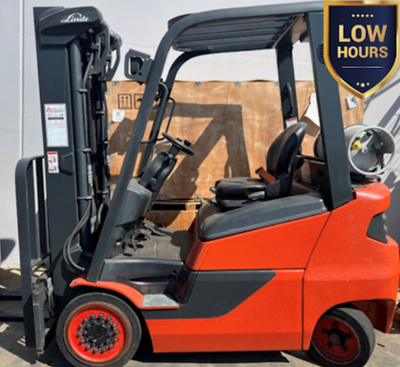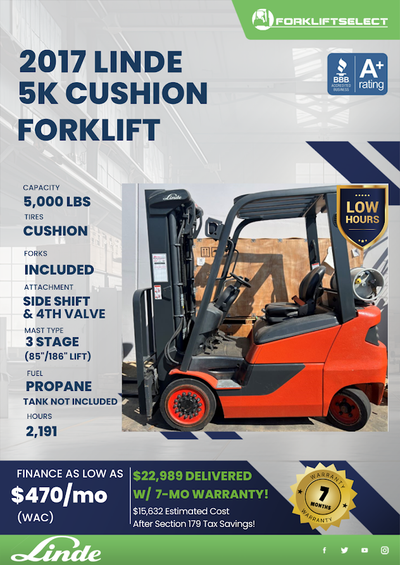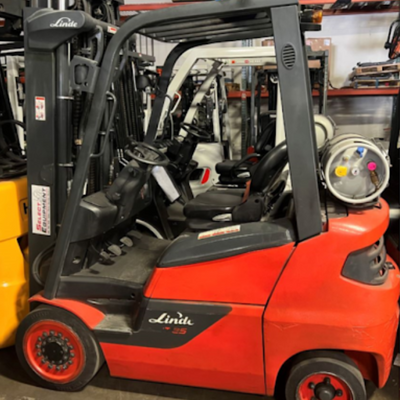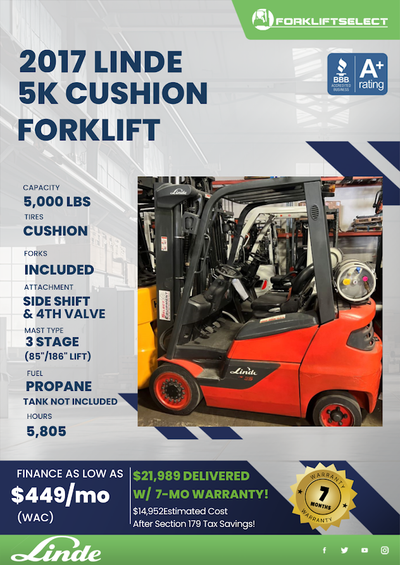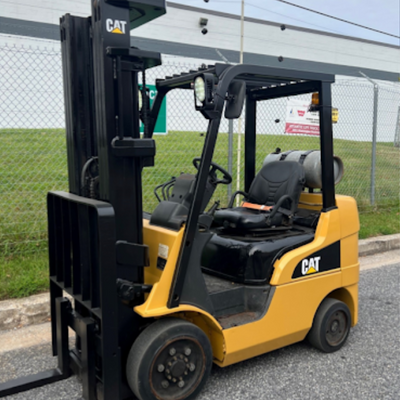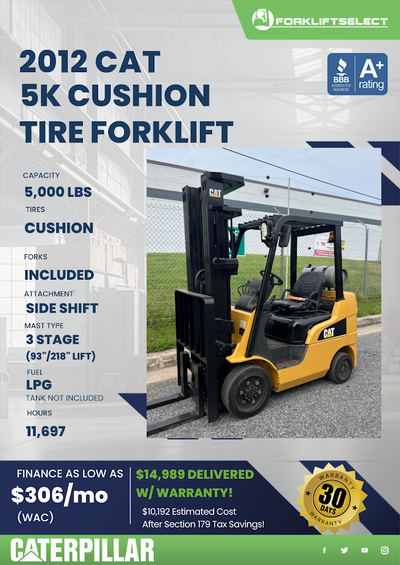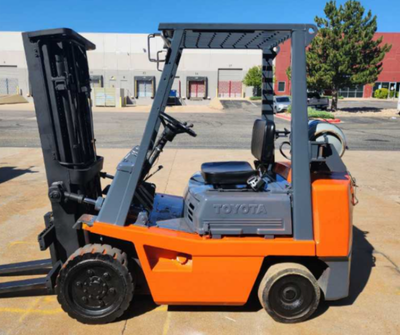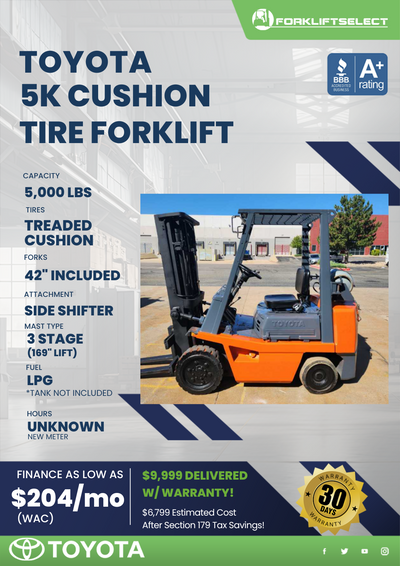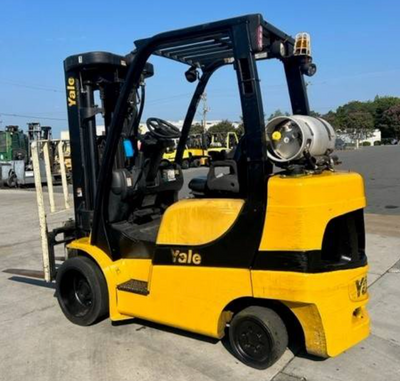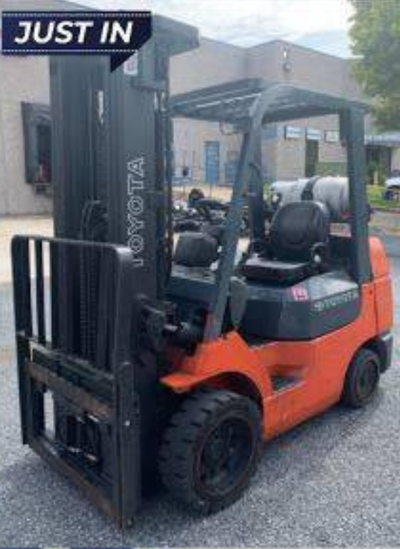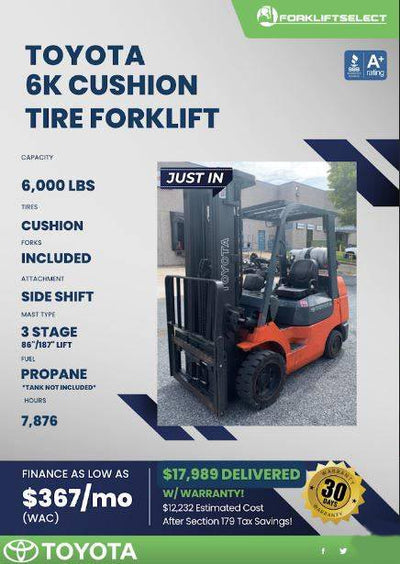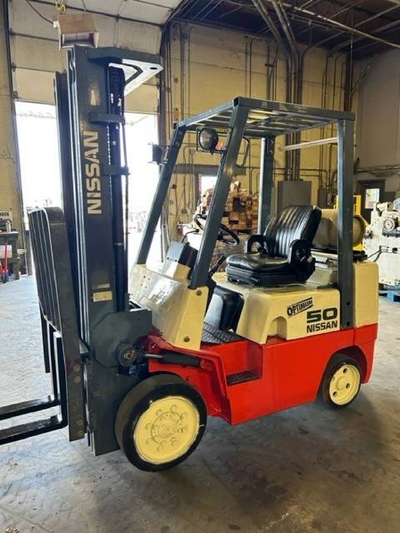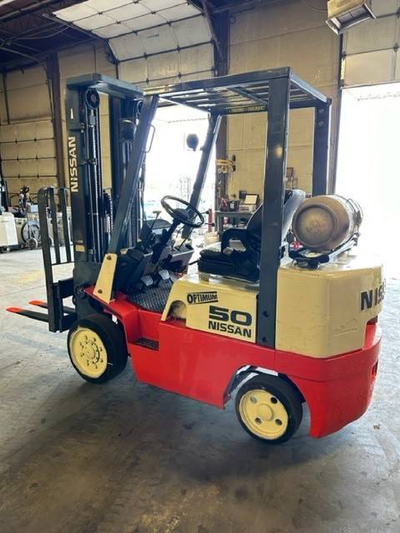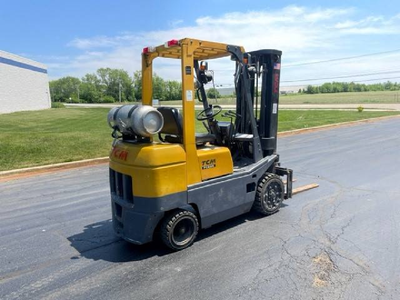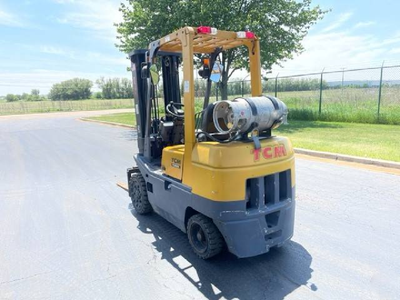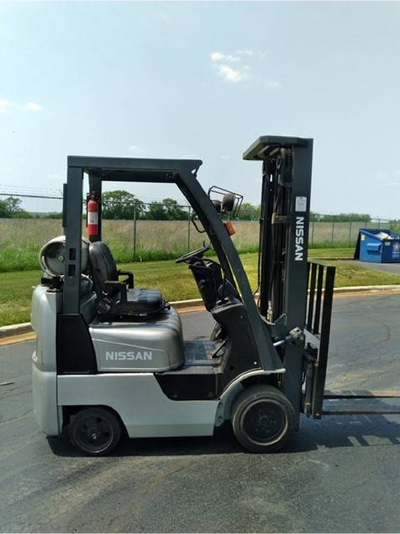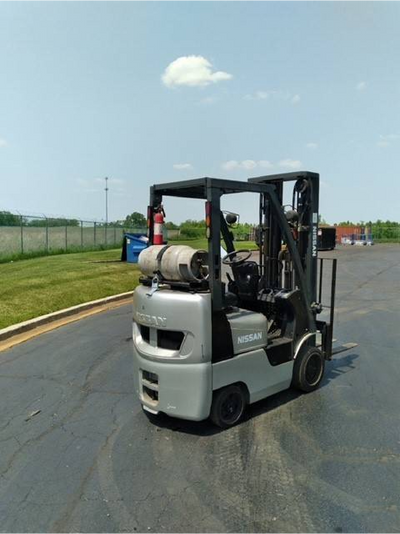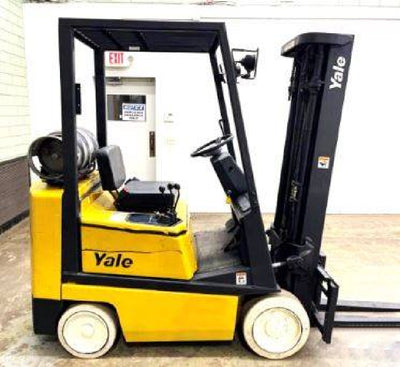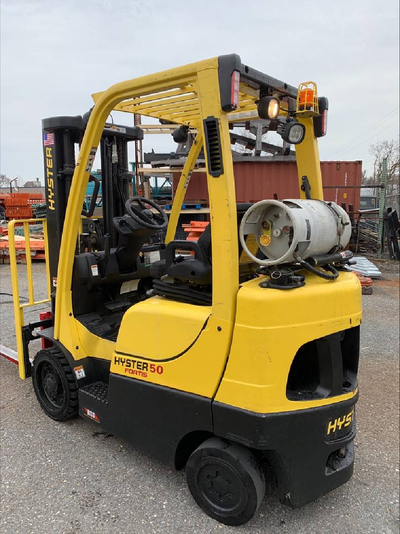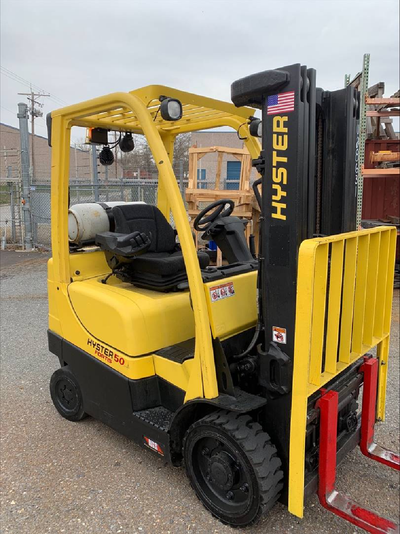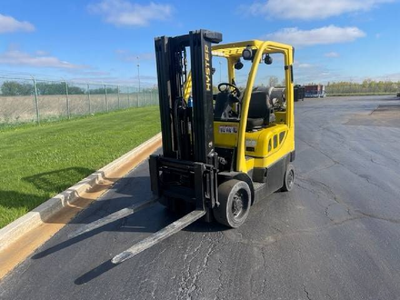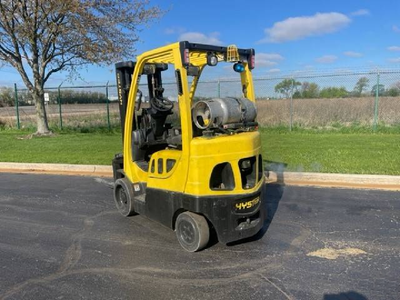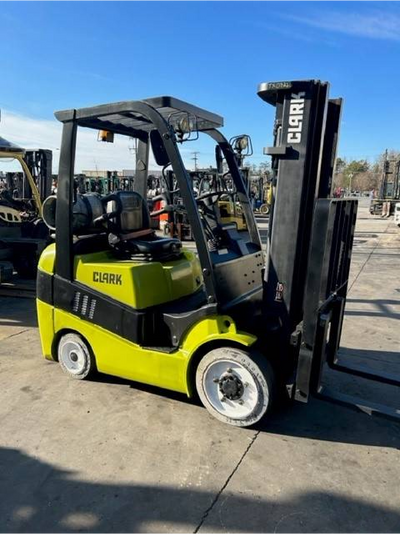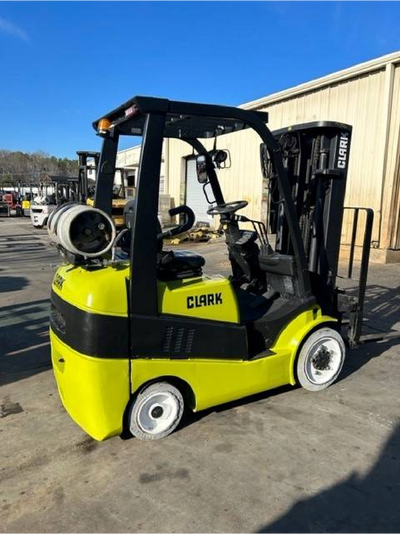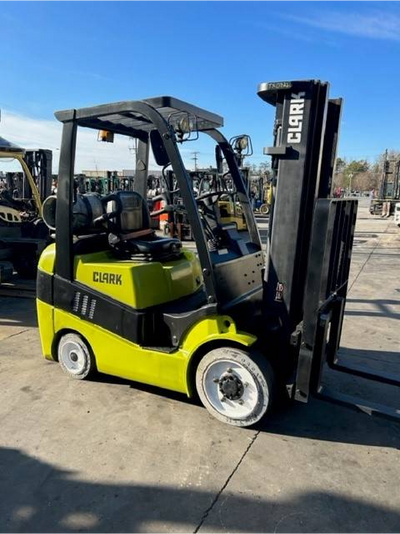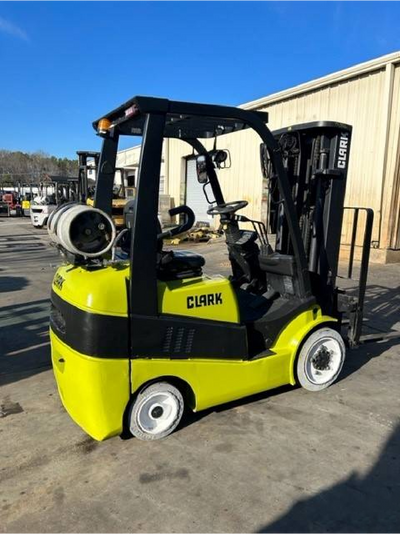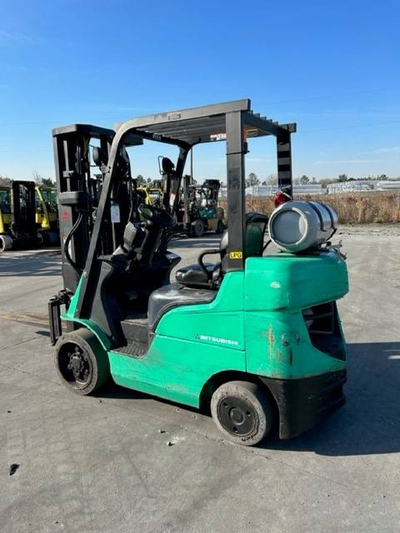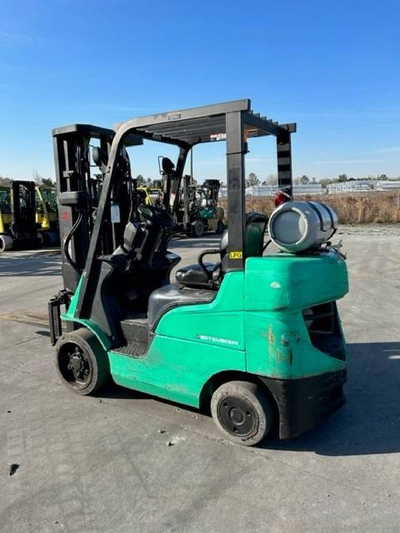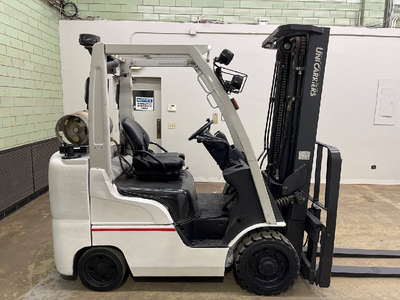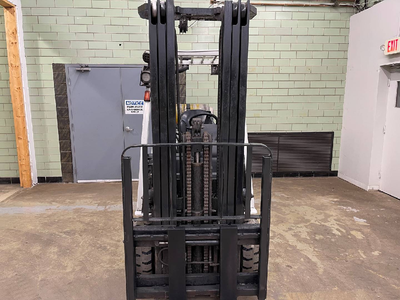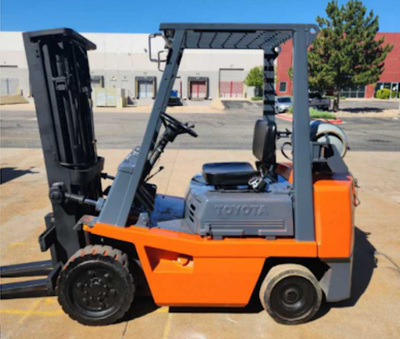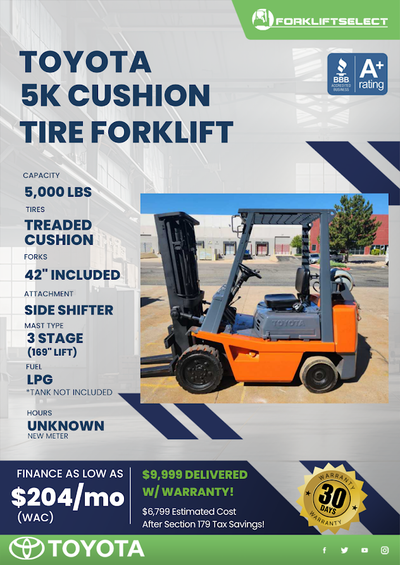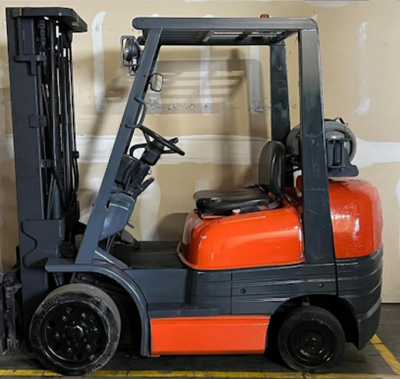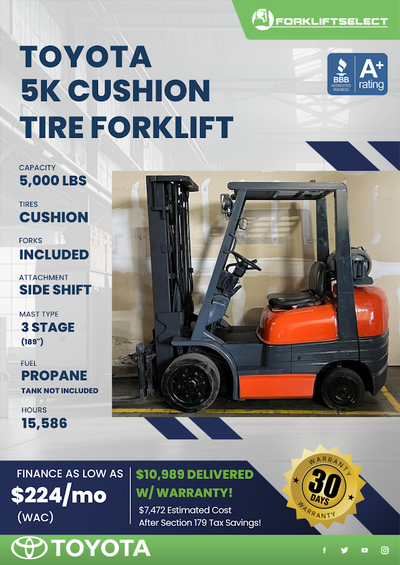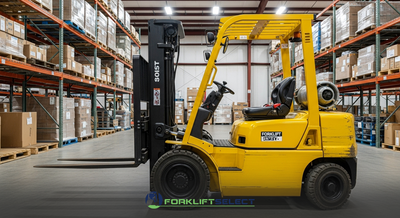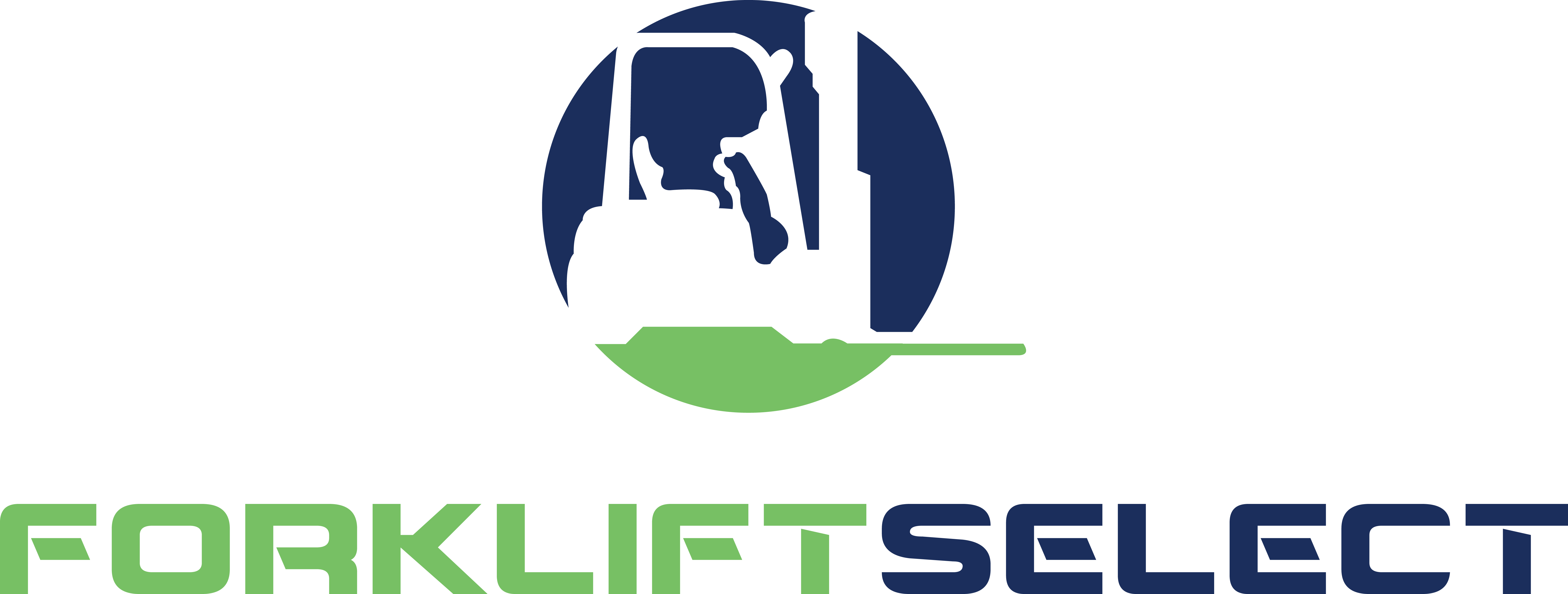If you’ve worked around forklifts long enough, you’ve probably caught a whiff of that not-so-fresh exhaust or watched a haze settle in the warehouse after a busy shift. Sure, forklifts are vital to getting stuff done—but if you’re not paying attention to emissions, they can be sneaky culprits behind higher fuel costs, unhealthy air, and environmental headaches.
Good news? You don’t have to toss out your entire fleet to make a difference. With a few smart tweaks and a mindset shift, you can drastically cut emissions and still keep operations running smooth. Here’s how to make that happen.
Choose the Right Forklift for the Job (Electric Might Be the Move)
Let’s start with the obvious—what you’re driving matters. If your operation mostly runs indoors or in well-controlled environments, electric forklifts are a no-brainer. Zero emissions, quieter, and they save money on fuel over time.
Of course, diesel or propane forklifts still have their place—especially outdoors or in heavy-duty applications. But a common mistake is using a machine that’s way overkill for the job. Overpowered forklifts burn more fuel than necessary, adding to emissions and wear-and-tear.
👉 Pro tip: If you're running short shifts or light-duty tasks, consider integrating more electric models into the fleet. Forklift Select offers everything from reach trucks to counterbalance forklifts in both electric and fuel-powered versions.
Maintain Your Forklifts Like Your Budget Depends on It (Because It Does)
If you’re skipping regular maintenance, your forklifts are probably working harder than they need to—and that’s directly tied to higher emissions. Clogged air filters, underinflated tires, and dirty oil don’t just reduce performance—they force your forklift to burn more fuel.
Here’s a basic checklist you should be running weekly (at minimum):
-
Clean or replace air filters
-
Check and inflate tires to the proper pressure
-
Top off engine oil and transmission fluid
-
Inspect fuel systems for leaks
-
Make sure your exhaust system isn’t cracked or blocked
It’s the little stuff that keeps your emissions in check and your repair bills from exploding.
Train Operators to Drive Smarter, Not Harder
Believe it or not, how someone drives a forklift has a huge impact on emissions. Aggressive driving—slamming the throttle, jerky lifts, hard stops—burns more fuel and puts more strain on the engine.
One of the easiest wins? Cut down on idling time. It seems harmless, but a forklift that idles for hours each day is just dumping emissions into the air while doing nothing useful.
Some smart training tips:
-
Teach operators to ease into acceleration
-
Plan efficient routes to avoid unnecessary driving
-
Shut down the engine during long breaks or when parked
Small changes in driving habits = long-term savings and cleaner air.
Retrofit and Upgrade: Small Changes, Big Results
If you’re not in a spot to buy new forklifts (yet), don’t stress. There are retrofit kits and add-ons that can help your current equipment run cleaner.
Here’s what’s worth looking into:
-
Catalytic converters for propane forklifts
-
Diesel particulate filters (DPFs) to reduce soot
-
Low-emission tires that reduce rolling resistance
-
Eco-friendly hydraulic fluids that work cleaner under pressure
Upgrading old engines or swapping parts to meet newer EPA standards can breathe new life into your fleet without breaking the bank.
Conclusion: Better Forklifts, Cleaner Air, Happier Workplace
Reducing forklift emissions isn’t just about hugging trees (though that’s cool too)—it’s about running smarter, saving money, and creating a safer workspace for everyone. With better forklift choices, solid maintenance routines, trained operators, and a few modern upgrades, you’ll keep emissions low and productivity high.
Looking to level up your fleet with low-emission options? Forklift Select has a massive inventory of new and used forklifts from top brands—whether you need an electric order picker or a diesel beast for outdoor loads. Give your team the tools they need to move clean and move smart.
👉 Check out our inventory now at https://forkliftselect.com/ or call (719) 974-4744 to talk with our experts.





 (877) 733 - LIFT
(877) 733 - LIFT
 Back to blog
Back to blog

